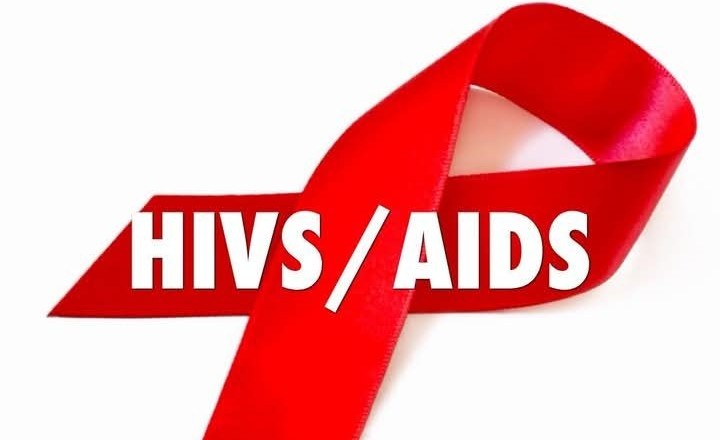(3 Minutes Read)
For over 20 years, Nigeria’s HIV response has relied heavily on international donors like PEPFAR and the Global Fund. These contributions—almost USD 8 billion from PEPFAR alone—scaled up testing, treatment, and awareness, particularly for vulnerable groups. But now, with donor fatigue, funding cuts, and shifting priorities, cracks are forming.
The United States President’s Emergency Plan for AIDS Relief (PEPFAR) is focusing on sustainability and local ownership, while the Global Fund now requires co-financing—something many Nigerian states struggle with. As a result, community HIV testing, especially in rural areas, is dwindling, with some programs disrupted and no alternative referrals. In response, the Nigerian government approved ₦4.8 billion for 150,000 HIV treatment packs and is exploring domestic funding, including an AIDS Trust Fund. Self-testing kits—over 3 million distributed since 2019—are expanding access, but weak infrastructure hampers follow-up care.
Despite funding challenges, communities are stepping up. In high-prevalence Benue State, initiatives like community-based ART and HIV self-testing kits, supported by local NGOs and healthcare workers, are bridging gaps. The Benue ART Surge (2019–2021) reached over 893,000 people, diagnosing 60,297 and linking nearly all to treatment. Collaboration between the state, donors, and civil society was key.
Lagos and Kano states also showcase innovative approaches. Lagos uses mobile testing teams to reduce stigma in underserved areas, while Kano has upgraded HIV centres and passed supportive laws. Still, these grassroots solutions are not a substitute for national systems. Most community-led initiatives run on temporary funding and face infrastructure limits, threatening long-term viability.
Read Also;
https://trendsnafrica.com/nigeria-approves-additional-usd-200-million-for-health-sector/
While resilience abounds, it’s not enough. Community efforts must be backed by sustained investment. Dr. Tony Ojukwu of NHRC emphasizes the potential of local philanthropists—but more must be done to mobilize them.
Nigeria’s HIV future depends on protecting existing gains. Communities cannot carry the burden alone. Policymakers, the private sector, and the public must rally to ensure HIV testing and treatment remain accessible, dignified, and sustainable for all.





